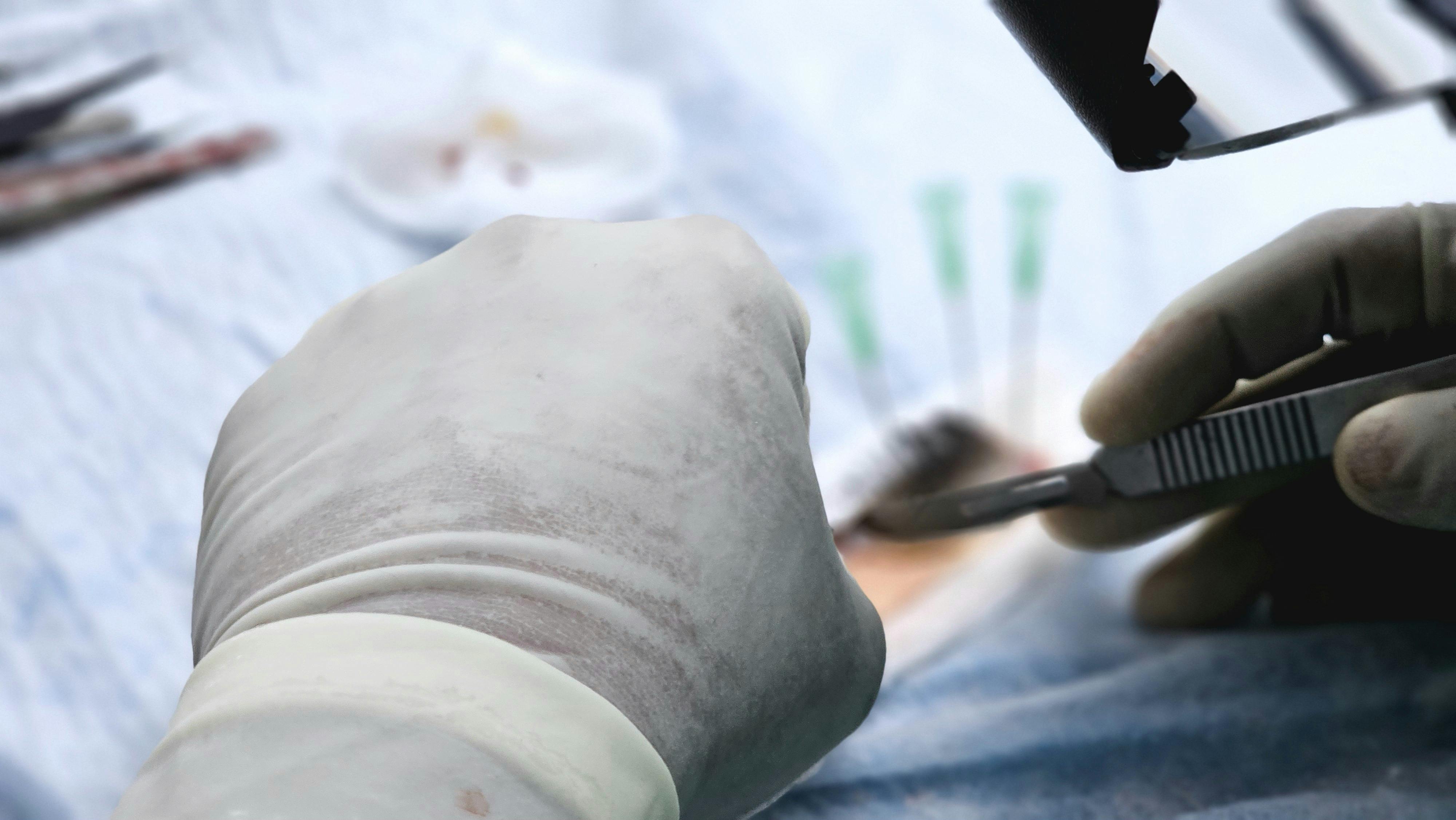Comprehensive Guide on Custom Antibodies for Scientists
Custom antibodies have become indispensable tools in modern biological research, enabling scientists to detect, quantify, and manipulate specific proteins with high precision. These tailored immunological reagents are designed to target unique epitopes, allowing for applications across diagnostics, therapeutics, and basic research. By selecting appropriate hosts, immunization strategies, and purification methods, researchers can generate antibodies that meet their exact experimental needs, whether for Western blotting, immunohistochemistry, flow cytometry, or advanced imaging techniques. A thorough understanding of custom antibody production empowers scientists to optimize specificity, sensitivity, and reproducibility in their studies.

What are custom antibodies and how do they differ from standard ones?
Custom antibodies are specifically designed and produced to target unique antigens or epitopes of interest. Unlike standard, off-the-shelf antibodies, custom antibodies are created to meet the specific needs of a research project or application. They offer several advantages over standard antibodies, including higher specificity, reduced cross-reactivity, and the ability to target novel or rare antigens. Custom antibodies can be developed against a wide range of molecules, including proteins, peptides, small molecules, and even complex structures like cell surfaces or tissue samples.
What are the main types of custom antibodies available to scientists?
Custom antibodies come in various forms, each suited for different research applications:
-
Polyclonal antibodies: These are a heterogeneous mixture of antibodies that recognize multiple epitopes on the same antigen. They are relatively quick and cost-effective to produce but may have lower specificity compared to other types.
-
Monoclonal antibodies: These are homogeneous antibodies that target a single epitope on an antigen. They offer high specificity and consistency but require more time and resources to develop.
-
Recombinant antibodies: Produced using genetic engineering techniques, these antibodies can be customized at the molecular level, offering enhanced specificity and reproducibility.
-
Nanobodies: Derived from camelid antibodies, nanobodies are smaller and more stable than traditional antibodies, making them useful for certain applications like intracellular targeting.
How are custom antibodies produced?
The process of producing custom antibodies involves several steps:
-
Antigen design and preparation: The target antigen is carefully selected and prepared, often involving the synthesis of peptides or the production of recombinant proteins.
-
Immunization: The antigen is introduced into a host animal (commonly mice, rabbits, or larger animals like goats or llamas) to stimulate an immune response.
-
Antibody harvesting: For polyclonal antibodies, serum is collected from the immunized animal. For monoclonal antibodies, B cells are isolated and fused with myeloma cells to create hybridomas.
-
Screening and selection: The antibodies are tested for specificity and affinity to the target antigen using techniques like ELISA or Western blotting.
-
Purification: The desired antibodies are isolated and purified using affinity chromatography or other methods.
-
Characterization and validation: The final antibodies are thoroughly tested to ensure they meet the required specifications for the intended application.
What are the key applications of custom antibodies in scientific research?
Custom antibodies have a wide range of applications in various fields of scientific research:
-
Protein detection and quantification: Custom antibodies are used in techniques like Western blotting, immunohistochemistry, and flow cytometry to detect and measure specific proteins in complex biological samples.
-
Immunoprecipitation: Custom antibodies can isolate target proteins and their interacting partners from cell lysates or tissue samples.
-
Functional studies: Neutralizing or activating custom antibodies can be used to modulate protein function in live cells or organisms.
-
Diagnostics: Custom antibodies are crucial in developing sensitive and specific diagnostic tests for various diseases.
-
Therapeutics: Many modern biopharmaceuticals are based on custom monoclonal antibodies designed to target specific disease-related molecules.
-
Imaging: Custom antibodies conjugated to fluorescent dyes or other labels are used in microscopy and in vivo imaging techniques.
How do scientists choose the right custom antibody for their research?
Selecting the appropriate custom antibody involves considering several factors:
-
Target antigen: The nature of the antigen (e.g., protein, peptide, post-translational modification) influences the type of antibody needed.
-
Application: Different applications (e.g., Western blot, immunohistochemistry, flow cytometry) may require antibodies with specific characteristics.
-
Specificity: The antibody should recognize the target antigen with high specificity and minimal cross-reactivity.
-
Sensitivity: The antibody should be able to detect the antigen at the expected concentration range in the sample.
-
Host species: The choice of host animal can affect the antibody’s performance in certain applications and experimental setups.
-
Budget and timeline: Custom antibody production can be costly and time-consuming, so these practical considerations must be weighed against the research needs.
Custom antibodies have become indispensable tools in modern scientific research, offering unparalleled specificity and versatility. By understanding the types, production processes, and applications of custom antibodies, scientists can make informed decisions about incorporating these powerful reagents into their research projects. As technology advances, custom antibodies will likely continue to play a crucial role in pushing the boundaries of scientific discovery and innovation.




